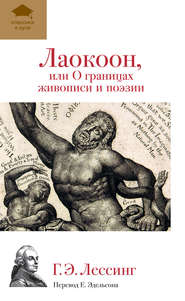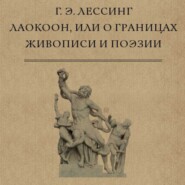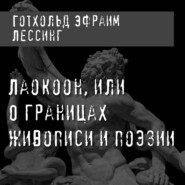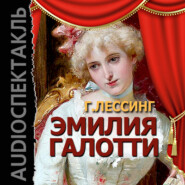По всем вопросам обращайтесь на: info@litportal.ru
(©) 2003-2025.
✖
Minna Von Barnhelm
Автор
Год написания книги
2019
Настройки чтения
Размер шрифта
Высота строк
Поля
FRAN.
Made! Does one make it, if it occurs to one?
MIN.
And do you know why I consider it so good? It applies to my Tellheim.
FRAN.
What would not, in your opinion, apply to him?
MIN.
Friend and foe say he is the bravest man in the world. But who ever heard him talk of bravery? He has the most upright mind; but uprightness and nobleness of mind are words never on his tongue.
FRAN.
Of what virtues does he talk then?
MIN.
He talks of none, for he is wanting in none.
FRAN.
That is just what I wished to hear.
MIN.
Wait, Franziska; I am wrong. He often talks of economy. Between ourselves, I believe he is extravagant.
FRAN.
One thing more, my lady. I have often heard him mention truth and constancy toward you. What, if he be inconstant?
MIN.
Miserable girl! But do you mean that seriously?
FRAN.
How long is it since he wrote to you?
MIN.
Alas! he has only written to me once since the peace.
FRAN.
What!—A sigh on account of the peace? Surprising? Peace ought only to make good the ill which war causes; but it seems to disturb the good which the latter, its opposite, may have occasioned. Peace should not be so capricious!… How long have we had peace? The time seems wonderfully long, when there is so little news. It is no use the post going regularly again; nobody writes, for nobody has anything to write about.
MIN.
"Peace has been made," he wrote to me, "and I am approaching the fulfillment of my wishes." But since he only wrote that to me once, only once!!!!!
FRAN.
And since he compels us to run after this fulfillment of his wishes ourselves… If we can but find him, he shall pay for this! Suppose, in the meantime, he may have accomplished his wishes, and we should learn here that!!!!!
MIN. (anxiously).
That he is dead?
FRAN.
To you, my lady; and married to another.
MIN.
You tease, you! Wait, Franziska, I will pay you out for this! But talk to me, or I shall fall asleep. His regiment was disbanded after the peace. Who knows into what a confusion of bills and papers he may thereby have been brought? Who knows into what other regiment, or to what distant station, he may have been sent? Who knows what circumstances—There's a knock at the door.
FRAN.
Come in!
SCENE II
Landlord, Minna, Franziska
LAND. (putting his head in at the door).
Am I permitted, your ladyship?
FRAN.
Our landlord?—Come in!
LAND. (A pen behind his ear, a sheet of paper and an inkstand in his hand).
I am come, your ladyship, to wish you a most humble good-morning;
(to Franziska) and the same to you, my pretty maid.
FRAN.
A polite man!
MIN.












